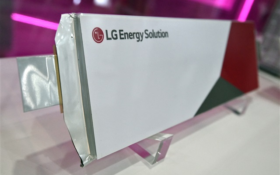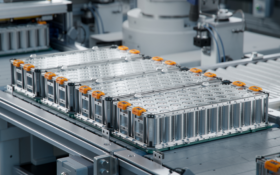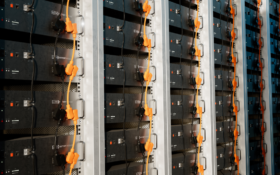Electric vehicle penetration at 20% of the global car fleet will not be reached by 2025, according to Menahem Anderman (pictured), the renowned battery and EV market analyst.
Speaking at AABC Europe, part of a conference series Anderman founded nearly 20 years ago, he said the age old arguments of lithium-ion battery costs remain the key barrier to market, though pack size and range have changed enormously in the last five years. Auto OEMs are offering a plethora of battery-powered vehicles with more than 180 available across the globe with the great majority being made in China.
Pack prices will have to fall to as low as $60.00/kW, but even if they move in that direction, there will be extremely complicated price movements in lithium carbonate, cobalt and nickel prices— the critical elements in the higher performance batteries.
According to Anderman, the best hope for mass-market establishment of high EV penetration remains China while the least hopeful market is the US. Sales of hybrid vehicles have actually fallen in the last year. The EU remains a middle ground prospect. He quipped: “Perhaps California should consider joining the EU?”
The slightly pessimistic predictions of the battery sage were countered by bold plans of the Renault Nissan partnership, which has since been expanded to include Mitsubishi motors. The alliance will offer 12 models including the new Zoe, built around a 60kW/hr battery pack offering a driving range of 600 miles and charging times of 15 minutes (where fast charging exists)— but still insufficient to take the would be long distance driver from Paris to Marseille.
Lead got little limelight in the plenary session attended by more than 1,000, a first for AABC, except in a veiled threat from Volvo, which is considering elimination of 12 volt lead-acid batteries from its 48 volt hybrids— if it can successfully cover key safety features such as braking and “post crash events”. And even then the argument has to be economic.
There will be a full report from this meeting in the Spring issue of Batteries and Energy Storage Technology (BEST) Magazine. If you’re not a subscriber to BEST— the world’s leading publication on battery manufacture, design and emerging field of large scale electrical energy storage— click here to sign up today.












